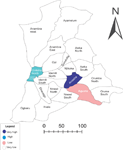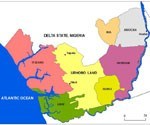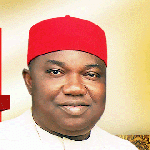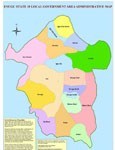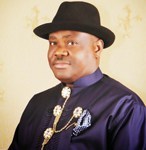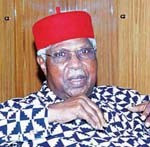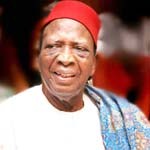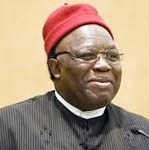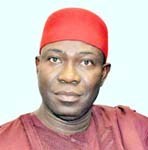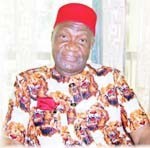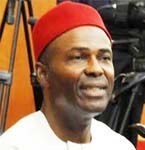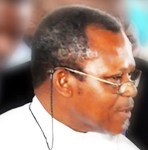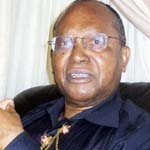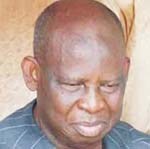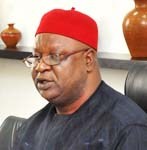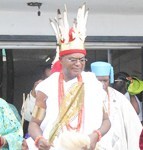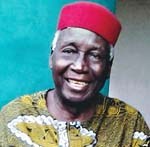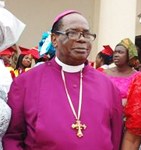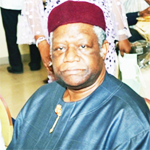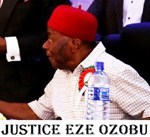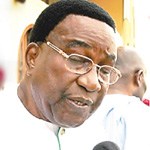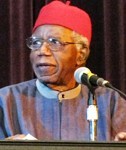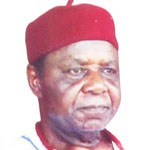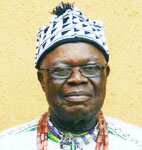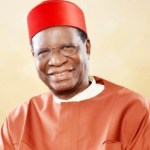Composition: The Executive Council shall consist of Officers of the Board of Directors and the Congress, the three (3) officials of the House of Delegates, and the Chairpersons of the Standing Committees. From time to time, the Executive Council may invite Chairpersons of the Ad-hoc Committees to participate in its meetings.
Duties: The Executive Council shall implement the policies of the Congress set forth by the Board of Directors and shall execute the projects and activities of the Congress consistent with such policies. Subject to the approval of disbursement of funds by the House of Delegates and the Board of Directors, the Executive Council may authorize specific expenditures.
Term: Beginning with the election to be held in 2005, the term of office of the Executive Council shall be three (3) years, unless the Executive Council member resigns, is replaced, or is removed from the position which conferred his or her right of inclusion on the Executive Council, before the expiration of the three (3) years. No member of the Executive Council shall serve in the same office for more than two (2) consecutive terms, with the exception of an Executive Council member who is on the Council by virtue of appointment as the Chairperson of a Standing Committee or an Official of the House of Delegates.
Dual Status: A member of the Executive Council may serve concurrently as the representative of his or her Affiliate to the Board of Directors and on the Executive Council. A member of the Executive Council who is withdrawn or replaced as a Board member by his or her Affiliate shall continue to serve on the Executive Council until the expiration of his or her term, providing the individual remains an officer of the Congress or a Chairperson to a Standing Committee.
Removal of a Member of the Executive Council by the Board of Directors: Any member of the Executive Council who repeatedly fails to attend Board meetings and other events for the Congress for a period of one year without reasonable excuse, or fails to fulfill the duties of the office, or has through his or her actions or inaction become a liability or hindrance to the Congress, or is convicted of a felony involving moral turpitude, or does anything which may bring the Congress to disrepute, or defrauds and otherwise deceives the Congress, may be removed by a two-thirds vote of the Board of the Directors present, provided that all reasonable measures such as warnings, reprimand, or other sanction have been faithfully utilized by the Board of Directors to obtain proper performance by the member of the Executive Council, and the member organization that he or she represents shall have been notified in writing of such measures, and a hearing has taken place. Any member of the Executive Council subject to a removal vote shall be notified in writing of the reasons for such action at least thirty (30) days before the hearing and the voting are conducted. The Board shall replace a member of the Executive Council who is removed with another individual. However, if the member of the Executive Council who was removed was also the representative for a member organization, the member organization shall send another representative before the next live Board meeting of the Congress. Nothing in this Constitution mandates the Board of Directors to appoint the new representative as the member of the Executive Council for the vacant position.
Removal of a Member of the Executive Council by a Member Organization: No member organization may remove or replace a member of the Executive Council of the Congress. The Board of Directors has sole authority, pursuant to the provisions of Section of this Constitution, to impeach and otherwise remove a member of the Executive Council for just cause. In the case of a member of the Executive Council who is also the representative of his member organization, the member organization may replace or withdraw the individual’s function as its representative, without prejudice to his or her status as a member of the Executive Council of the Congress.






